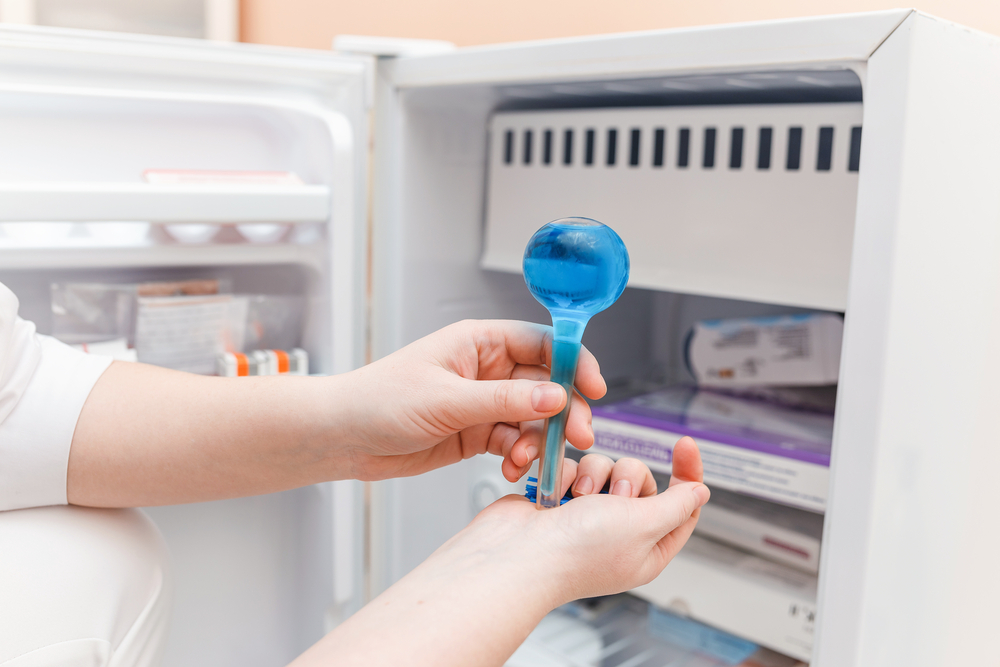Temperature Monitors: A Guide for Environmental Health Officers (EHOs)
Temperature Monitors
A Guide for Environmental Health Officers (EHOs)
In the intricate dance of food safety, one indispensable partner stands out: temperature monitoring. For Environmental Health Officers (EHOs), the use of temperature monitors is not just a regulatory requirement but a critical tool in safeguarding public health. Let’s delve into why EHOs rely on temperature monitors and their pivotal role in maintaining food safety standards.
Compliance Verification
Environmental Health Officers (EHOs) rely on a range of temperature monitoring devices, from basic thermometers to advanced data loggers, to ensure compliance with food safety regulations. EHOs conduct regular temperature checks in food storage, transportation, and preparation facilities to verify adherence to temperature control requirements, thereby minimising the risk of foodborne illness outbreaks.
Early Detection of Issues
Infrared thermometers and data-logging devices enable EHOs to detect temperature fluctuations early, signalling potential food safety issues. Early detection allows for timely intervention to prevent food spoilage and maintain food quality, reducing the likelihood of contamination and associated health risks.
Record Keeping
Temperature loggers serve as vital tools for EHOs in maintaining comprehensive records of temperature data over time. These records not only demonstrate compliance with regulations but also provide insights into temperature trends and areas for improvement in food handling practices.
Accountability and Transparency
EHOs hold food establishments accountable for temperature control through the use of monitoring devices. Temperature logs serve as transparent evidence of compliance efforts, reassuring consumers and fostering trust in the safety and quality of food products.
Risk Mitigation
Temperature monitoring plays a critical role in mitigating the risk of foodborne illness outbreaks by preventing the growth of harmful bacteria and pathogens. Through diligent monitoring and intervention, EHOs safeguard public health and uphold food safety standards.


